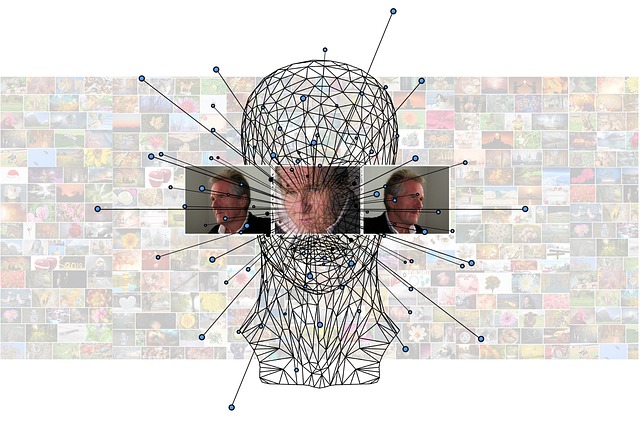In today’s fast-paced business environment, the integration of advanced technologies has become essential for staying competitive. One of the most transformative advancements in this domain is the emergence of sensor networks, which are revolutionizing how industries approach automation. By leveraging the synergy between sensor networks, algorithmic robotics, and artificial intelligence, businesses can streamline operations, boost efficiency, and make data-driven decisions.
Sensor networks consist of interconnected devices that collect, transmit, and analyze data from the physical world. These networks are pivotal in enabling real-time monitoring and control across various sectors. For instance, in the manufacturing industry, sensor networks can be deployed to track machine performance, detect anomalies, and predict failures before they occur. This predictive maintenance not only reduces downtime but also extends the lifespan of expensive machinery, allowing businesses to enjoy significant cost savings.
The integration of sensor networks with algorithmic robotics takes automation a step further. Robots equipped with sensors can gather valuable insights about their environment, making them smarter and more adaptable. In warehouses, for example, mobile robots can navigate complex spaces, optimize storage, and manage inventory in real time. This level of automation not only increases productivity but also enhances accuracy, minimizing human error in processes that require precision.
Artificial intelligence plays a crucial role in the effectiveness of sensor networks and robotics. With advanced algorithms analyzing the massive amounts of data collected, businesses can uncover patterns and trends that inform decision-making. AI can enable predictive analytics, allowing companies to anticipate customer demand, optimize supply chains, and even personalize products and services based on individual preferences. This data-driven approach leads to a more responsive and agile business model, ready to adapt to changing market conditions.
Moreover, the application of sensor networks extends far beyond manufacturing and logistics. In agriculture, for instance, sensor networks can monitor soil moisture levels and crop health, enabling farmers to make informed irrigation and fertilization choices. Such smart farming practices not only increase yield but also promote sustainability, as resources are optimized rather than wasted.
As business automation continues to evolve, it’s clear that the fusion of sensor networks, robotics, and artificial intelligence is at the forefront of this transformation. Companies that embrace these technologies are paving the way for new possibilities, redefining operational efficiency and enhancing overall productivity. A deep understanding of how these elements interact will not only influence the success of individual enterprises but also the broader landscape of industries in the years to come.




